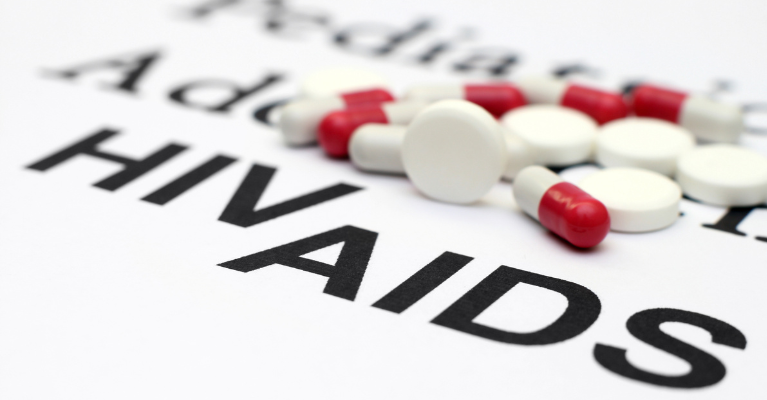Top
Healthcare News | Public Healthcare | HIV
South Africa’s HIV Programme Faces Challenges but Remains Intact, Says Health Minister
Time to read: 01:19
Published: 20 May 2025
Health Minister Dr. Aaron Motsoaledi has assured South Africans that the country’s HIV/Aids programme is not collapsing despite the recent withdrawal of funding from the US President’s Emergency Plan for Aids Relief (Pepfar). Speaking at a press briefing in Pretoria, the Minister acknowledged the pressure caused by the loss of Pepfar’s R7.9-billion contribution, which supported vital services in 27 high-burden districts and funded thousands of frontline health workers.
While over 8,000 health workers have lost their jobs following the funding cut, Motsoaledi stressed that nearly 7,500 remain employed through continued support from the US Centers for Disease Control (CDC) until at least September.
He also confirmed that care for over 63,000 patients previously supported by Pepfar has been transitioned to public health facilities.
In response to concerns, the Department of Health has launched several initiatives, including training programmes for healthcare workers, patient tracking systems, and ongoing discussions with global funders. Though no new donor commitments have materialised yet, the Global Fund has pledged an additional R1-billion to support antiretroviral drug procurement.
Motsoaledi highlighted the government’s “Close the Gap” campaign, which aims to reach over a million people living with HIV who are not yet on treatment. So far, more than 520,000 individuals have been identified and started on treatment through redirected government funding and civil society mobilisation.
Acknowledging the challenges, Motsoaledi pushed back on claims that the entire programme is failing, asserting that the fight against HIV remains active in communities and clinics across the country. “The situation is serious,” he said, “but not hopeless. The work continues.”.
This article was compiled with information obtained from various sources including:
15 May 2025 | SANews.gov| Motsoaledi: SA’s HIV programme ‘not collapsing’ following US aid cuts
15 May 2025 | Health-eNew.org | Motsoaledi claims U.S funding cuts have not derailed HIV programme
15 May 2025 | Daily Maverick | SA’s HIV/Aids programme ‘not collapsing’ amid fallout from US funding cuts — Motsoaledi
Disclaimer
This article is compiled from various resources researched and compiled by the contributor. It is in no way presented as an original work. Every effort has been made to correctly attribute quotes and content. Where possible all information has been independently verified. The Medical Education Network bears no responsibility for any inaccuracies which may occur from the use of third-party sources. If you have any queries regarding this article contact us
Fact-checking Policy
The Medical Education Network makes every effort to review and fact-check the articles used as source material in our summaries and original material. We have strict guidelines in relation to the publications we use as our source data, favouring peer-reviewed research wherever possible. Every effort is made to ensure that the information contained here is an accurate reflection of the original material. Should you find inaccuracies, out of date content or have any additional issues with our articles, please make use of the contact us form to notify us.



